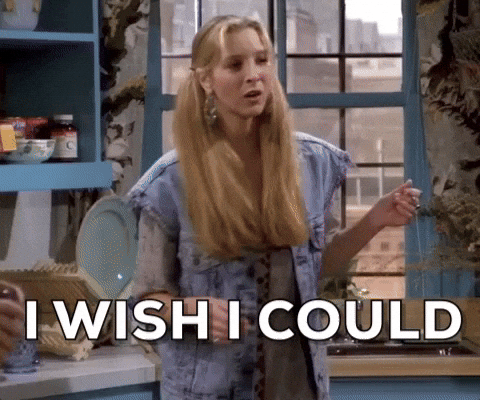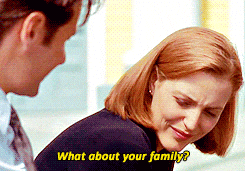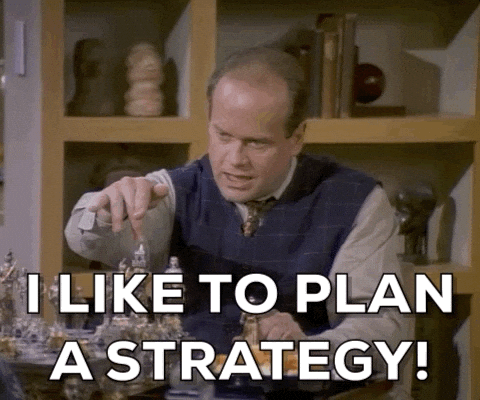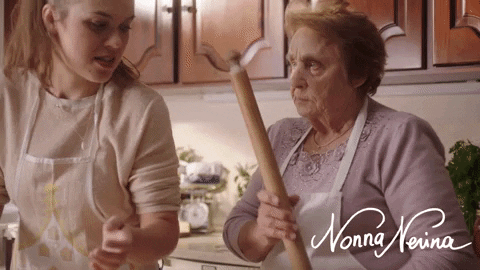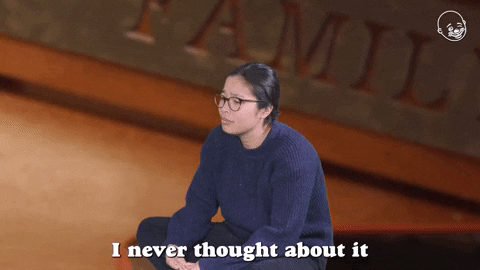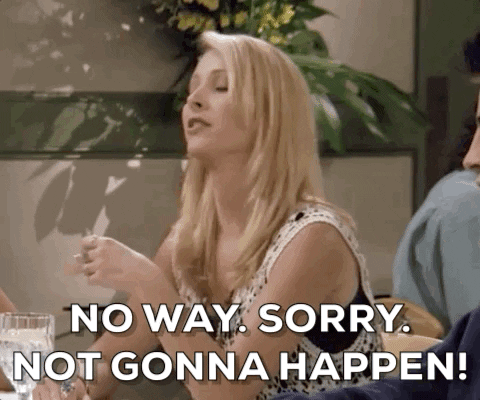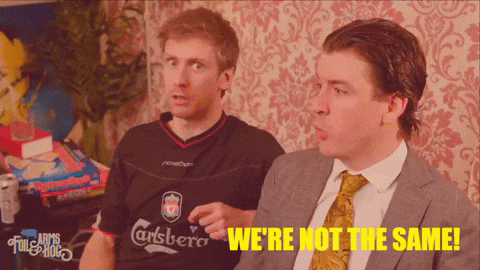A friend called me recently, her voice tight with anxiety. "I'm staring at the holiday party invite from my family," she said. "My finger's been hovering over 'decline' for twenty minutes." I could hear the strain in her laugh. Sound familiar? If you're like many of us, the approaching holidays might be stirring up some complicated feelings about family time.
Some of us are counting down the days until we can hug our loved ones—whether that's our family of origin or our chosen family. Others are quietly plotting escape routes from those same embraces. And here's the thing: both reactions are completely valid. Because even when we deeply love our family, spending time with them isn't always easy.
In my last newsletter, we explored in-groups and out-groups, and how group leaders have a vested interest in putting out-groups into fixed-mindset boxes, stoking the fires of dissent between our group and theirs. In response, many of you shared that you’re struggling to stay connected with people in your circle. Sadly, this is an increasingly common challenge.
A 2022 YouGov poll revealed that 29% of Americans are estranged from an immediate family member. But here's what I find fascinating: 58% of those same respondents said family relationships matter more than any other kind. This tells us something important: even when we're struggling, we want these relationships to work. Or, we at least want to be able to enjoy some time together without it deteriorating into an argument.
So let's talk about how to make these holidays a little easier.
We're More Than Our Political Affiliations
First, I need to acknowledge something important: sometimes family estrangement is a necessary form of self-care. If maintaining contact is harmful to your wellbeing, it's okay to step back. I'll share some thoughts about this later.
But for many of us, our family tensions aren't about truly toxic relationships. Instead, we're struggling with something more subtle: the discomfort of disagreement. I know it would be a lot easier if we all just agreed on everything. And it can feel hurtful when people who are important to us don’t see eye-to-eye on certain issues. However, we've started to see political views as character definitions – if someone voted for *that* candidate, we think we know everything about who they are.
I'm going to challenge you to pause that thinking, at least long enough to share some holiday pie. Here's why: while your uncle might be in your political "outgroup," he's still in your family "ingroup." That matters.
Instead of focusing on your differences and bracing for political battles, try this: focus on the threads that have always connected you. Maybe it's your shared obsession with the Dallas Cowboys (even when they're breaking your heart). Maybe it's how your mom's cornbread recipe has become legendary in three states. Or perhaps it's your family's hilariously competitive Pictionary tournaments, where everyone knows Uncle Armand will try – and fail – to bend the rules.
When it comes to making conversation, I know it can be hard to avoid polarizing topics, especially when they really matter to you. But the reality is that we are more than who we voted for. And it’s important to acknowledge to yourself that you aren’t compromising your personal values if you exercise patience or compassion for someone who sees the world differently than you do.
We can open our minds and be curious about other aspects of the people who matter to us. We can ask about their hobbies and interests, or inquire about their health. For example, you can ask mom how the church bazaar went, or about the new stretching class she’s taking. You can find out whether anyone has any fun travel plans coming up, or whether they’re setting any big goals for the new year. If in doubt, bring up Taylor Swift – everyone’s got something to say about her!
This isn’t just about making small talk – though there’s nothing wrong with that – it’s about finding out who people truly are beyond our narrow fixed-minded assumptions. And that brings us to another common stumbling block when it comes to family get-togethers…
How Our Beliefs Influence Outcomes
Here's something I've noticed in my research: we often script family gatherings before they happen. We tell ourselves, "It's going to be awful – it always is." And guess what? That prediction tends to come true.
This connects to something fascinating I discussed in my book called the "actor-observer asymmetry." In our own lives, we're the main character – the actor – and we see all the ways we've grown and changed over the years. When it comes to others, though, we play the role of observer. Lacking the in-depth, experiential knowledge of the other person, we project onto them what we assume must be true – specifically that they haven’t changed much.
When we go home assuming Aunt Sarah is still the same politically rigid person she was five years ago and we arrive at her holiday dinner with this belief activated, we tend to look for language or behavior in Aunt Sarah that confirms our prediction, totally missing any evidence to the contrary.
Combatting the actor-observer asymmetry can actually be quite simple: We can presume the opposite. We can assume that there’s at least a good chance people have changed, at least in some ways. Instead of leading with certainty, we can lead with curiosity. What if we asked Aunt Sarah about her new gardening hobby, or that cooking class she's taking? What if we just wondered about the experiences she’s had in this last year that have shaped who she is and what she’s interested in these days?
Find Your Growth-Minded Family Pod and Appreciate Diversity
Here's another insight from my research: families, like organizations, aren't monoliths. Even in the most fixed-mindset family cultures, you'll find pockets of growth mindset thinking. (Shoutout to cousin Phyllis, the family's resident growth champion!)
The goal isn't to create opposing camps – we've got enough of that already. Instead, think about finding your support system within the larger family unit. These are the relatives who help you stay grounded and growing, even when family dynamics get tough. And who knows, if your pod models a growth mindset, it could just catch on!
And here's something counterintuitive: having relatives with different viewpoints can actually be valuable. Many people after recent elections admitted they'd been living in bubbles. Your family's diversity of thought – while sometimes challenging – might be helping you stay connected to different perspectives.
As I explain in my book, it’s a common misunderstanding that Cultures of Growth are somehow soft or easy. In fact, they tend to be more rigorous and require more work than fixed-minded Cultures of Genius. That work includes recognizing our own biases, listening to others’ viewpoints with an open mind, looking for evidence of change, and being willing to agree to disagree.
James Carse’s framework of finite and infinite games might be helpful here. In finite games, like football, the goal is to win. But we don’t want to paint our loved ones as the opposing team. Instead, when it comes to family we’re playing an infinite game, where the goal is to keep playing. That means finding ways to stay engaged and evolve our relationships.
And when it comes down to it, there’s a difference between a simple disagreement and behavior that’s truly toxic. If we’re going to find a way forward in this world with its myriad challenges, we’re going to have to do it together. That means it’s in all of our best interests to look beyond binary thinking and see what we can learn from people who have different or nuanced opinions.
Still, sometimes there are cases when behavior actually is toxic, and the best thing is to stay away. Fortunately, you can still inhabit your growth mindset even if you are, like me, experiencing an estrangement.
When Distance Is Necessary, Make Meaning from Separation
I know these situations are hard. As it happens, I’m currently estranged from one of my close relatives. Like some in this situation, I wish things were different. But right now, distance is what's healthiest for me.
In my experience, regardless of whether the estrangement is desired or not, it can offer some opportunities to learn about ourselves; often, there is deep meaning we can draw from it.
Whether you’re experiencing an estrangement, or you’ve simply had to draw some firm boundaries and go “low contact” with family, you might consider asking yourself the following questions:
What does this boundary tell me about what’s important to me and what I value?
What does it tell me about what I want in my life? What kinds of relationships do I want to cultivate going forward?
How can I find or build those connections elsewhere?
What has this situation helped me appreciate about the positive relationships in my life? What have I learned about the relationships that truly matter to me?
Look for the Degrees of Freedom
In statistics, we talk about "degrees of freedom"—values that can vary while still maintaining the overall structure. I love applying this concept to family relationships. Maybe we don't need everyone to agree on everything. Maybe there's room for variation within our family system.
You don’t have to go into a gathering with an agenda to challenge yourself, or anyone else at the table. It’s not about trying to change anyone or their thinking. Instead, consider looking at your differences like a lever you can use to grow in ways that meet your goals. As much as possible, try to hold it lightly – to focus on the game part of the infinite game.
Remember: we can disagree with someone and still care deeply about them. When Hurricane Julia hit Asheville last fall, neighbors helped neighbors without checking voter registration cards first. Some things transcend our differences—and family ties can be one of them.
The holidays don't have to be perfect to be meaningful. Sometimes the messy middle—where we're trying our best to understand each other—is exactly where growth happens.
What strategies have you found helpful for navigating family dynamics during the holidays? I'd love to hear your thoughts.
Until next time friends,
Mary





